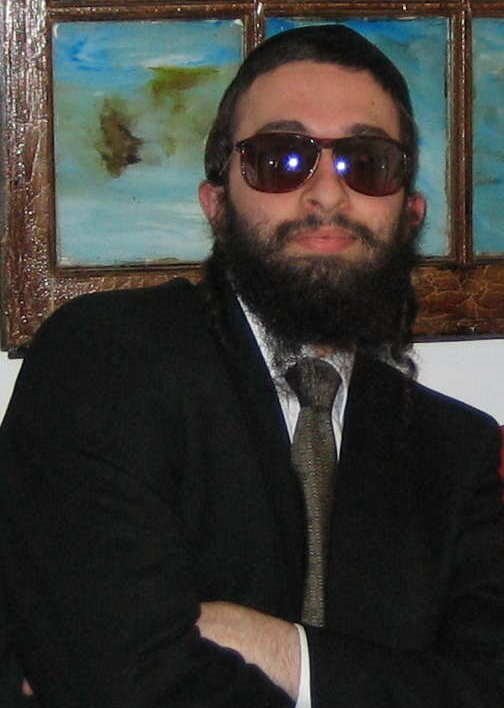Wednesday, May 02, 2007
4 U
V'ahavta L'Reacha Kamocha. It sounds like first grade, but it really was the prime teaching of the great Rabbi Akiva. All our learning is supposed to orient towards towards treating others equally, on par with our own expectations. It seems so easy. So why does it seem so hard?
My Rebbe, HaRav Meyer Juzint, Z"TZL, used to tell us that in Slabodka, the students used to walk around busy commercial areas, so that when people would bump into them, they could have practice apologizing.
Why does that sound so far off? OK, so maybe in our generation people don't immerse themselves in ice water, accept oathes of poverty, or wander the countryside, but I don't think sensitizing ourselves to others is such an extreme ascetic practice. Sure, some people still learn the classical Mussar weeks, and Artscroll pop is in demand, but how many people walk around looking for ways to go out of their way for somebody else? I'm sure there are some that naturally put a smile on everyone's face, but without being negative, why is it so hard to convey our love for ourself into a love for others?
My Rebbe, HaRav Meyer Juzint, Z"TZL, used to tell us that in Slabodka, the students used to walk around busy commercial areas, so that when people would bump into them, they could have practice apologizing.
Why does that sound so far off? OK, so maybe in our generation people don't immerse themselves in ice water, accept oathes of poverty, or wander the countryside, but I don't think sensitizing ourselves to others is such an extreme ascetic practice. Sure, some people still learn the classical Mussar weeks, and Artscroll pop is in demand, but how many people walk around looking for ways to go out of their way for somebody else? I'm sure there are some that naturally put a smile on everyone's face, but without being negative, why is it so hard to convey our love for ourself into a love for others?
